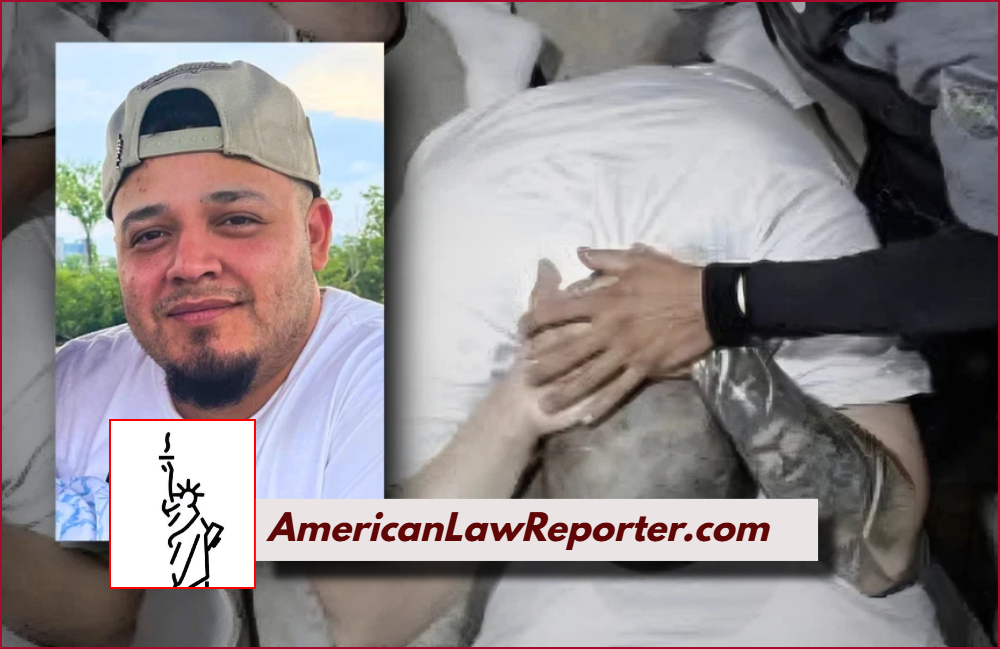A prominent conservative federal judge has delivered a blistering rebuke of the Trump administration’s handling of the deportation of Kilmar Abrego Garcia, calling its actions “shocking” and a fundamental violation of constitutional due process.
In a sharply worded Fourth Circuit Court of Appeals opinion issued Thursday, Judge J. Harvie Wilkinson III, a Reagan appointee with over four decades on the bench, denounced the administration’s failure to comply with court orders after wrongfully deporting Abrego Garcia from Maryland to a high-risk prison in El Salvador—despite an active federal court injunction barring such action.
“The administration is asserting a right to stash away residents of this country in foreign prisons without the semblance of due process that is the foundation of our constitutional order,” Wilkinson wrote in the seven-page opinion.
“This should be shocking not only to judges, but to the intuitive sense of liberty that Americans far removed from courthouses still hold dear.”
The ruling comes amid mounting judicial scrutiny of the administration’s aggressive immigration enforcement tactics and disregard for federal court authority, particularly in high-profile deportation cases.
Courts Clash With Executive Power

Abrego Garcia had been protected from deportation since 2019 due to fears of gang violence in El Salvador. However, the Trump administration deported him anyway in March, prompting swift legal action and multiple judicial orders demanding his return.
U.S. District Judge Paula Xinis issued an order on April 10 instructing the administration to “take all available steps” to bring Abrego Garcia back to the United States. The Fourth Circuit panel unanimously rejected the government’s appeal of that directive.
Wilkinson expressed outrage that the Justice Department admitted it had “mistakenly” deported Abrego Garcia—yet still refused to remedy its error.
“Why then should it not make what was wrong, right?” he asked.
Administration officials have since argued that they have no power to secure Abrego Garcia’s return now that he is under Salvadoran custody. Judge Xinis, unconvinced, launched a two-week inquiry into what she called “defiance” of court orders.
A Conservative Voice of Alarm
Judge Wilkinson, known for his conservative jurisprudence and deference to executive power, warned of dangerous constitutional erosion if the executive branch continues to flout judicial authority.
“If today the Executive claims the right to deport without due process and in disregard of court orders, what assurance will there be tomorrow that it will not deport American citizens and then disclaim responsibility to bring them home?”
“And what assurance shall there be that the Executive will not train its broad discretionary powers upon its political enemies?”
Wilkinson also condemned the administration’s broader pattern of contempt for the judiciary, including past calls for judicial impeachment and exhortations to ignore court rulings.
“The Executive and Judiciary branches are coming too close to grinding irrevocably against one another in a conflict that promises to diminish both,” Wilkinson wrote. “This is a losing proposition all around.”
Legal and Political Implications
Legal experts say the ruling may set a precedent for holding government officials accountable when deportations are carried out in violation of court orders.
In a separate development earlier this week, U.S. District Judge James Boasberg found probable cause to hold administration officials in contempt for ignoring a deportation freeze involving individuals designated as “alien enemies.”
The Abrego Garcia case underscores growing concern over the unchecked use of deportation powers, especially when conducted in secrecy or in violation of judicial review. The case also raises questions about remedies when such deportations occur — and whether the U.S. government can be compelled to repatriate individuals it unlawfully removed.
As of now, the administration has not indicated any plan to return Abrego Garcia to the U.S., despite binding judicial orders and a Supreme Court declaration that his deportation was “illegal.”

